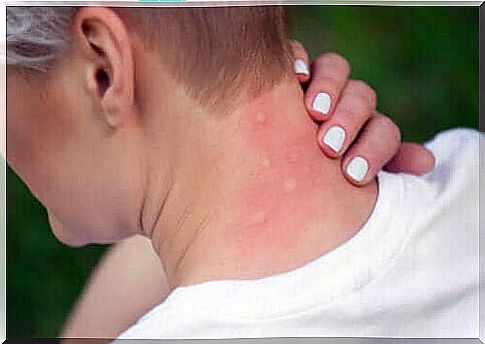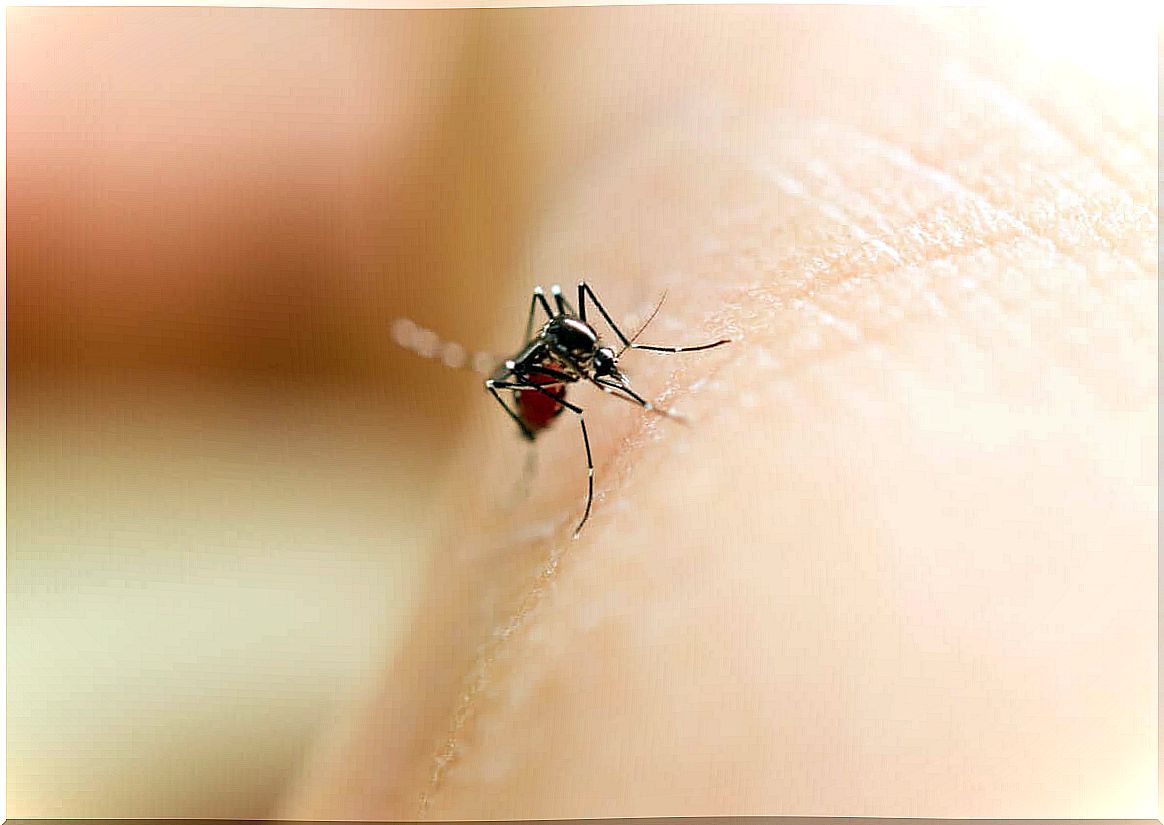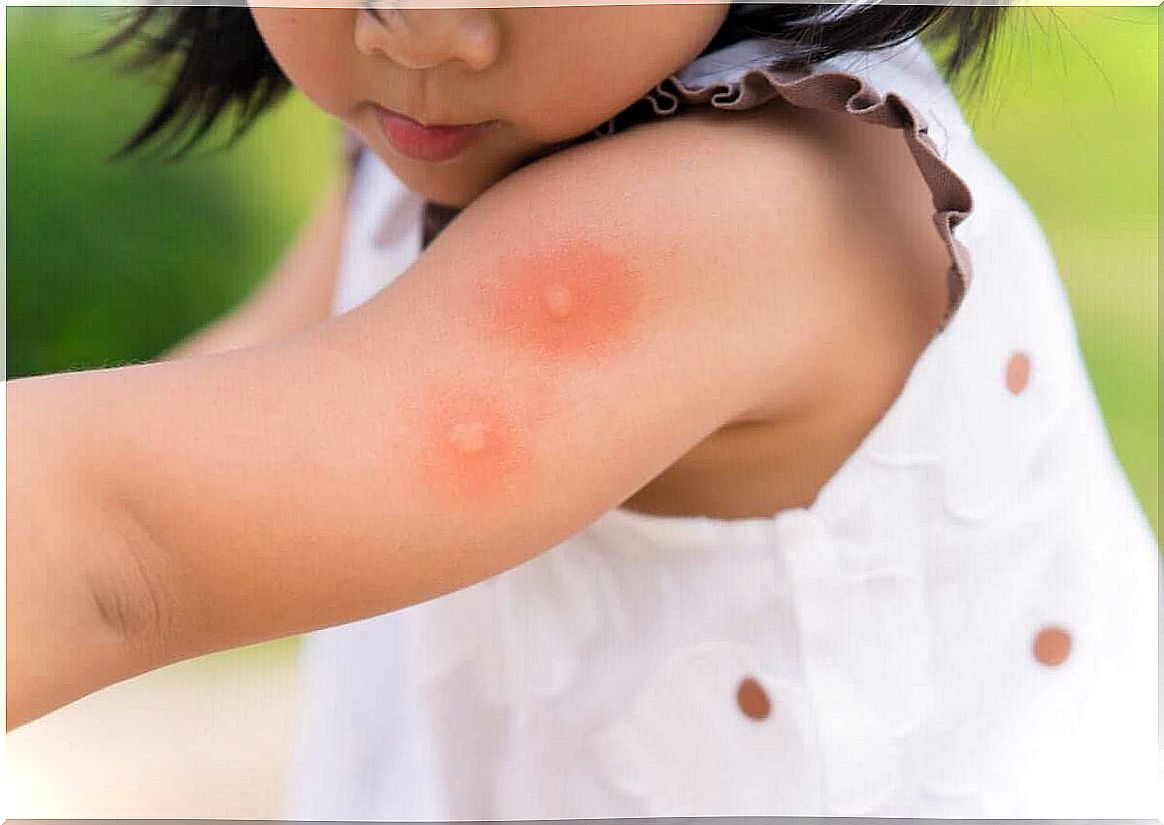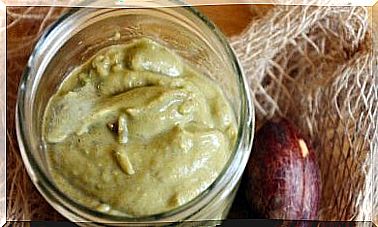Learn All About Mosquito Bites Here

Mosquito bites are tricky to deal with. They are red, itchy and can take ages to disappear. Although mosquitoes seem more annoying than dangerous, they are also capable of transmitting various diseases.
Dengue fever, malaria, Zika virus, West Nile virus, and Chikungunya fever are just some of the mosquito-borne diseases that these insects can spread to humans. In this article, we’ll share with you all the details about mosquito bites: why they bite, who they bite, and how to lower your risk.
Why do mosquitoes bite?
Before we start, let’s make it clear that not all mosquitoes bite. There are about 3,500 species of mosquitoes and only three of them suck blood: Anopheles, Culex and Aedes.
In addition, this number shrinks even more if we consider that only female mosquitoes bite. Females need protein to produce and lay eggs, so they suck our blood to meet that nutritional requirement.
In general, a female mosquito can lay between 30 and 300 eggs after a single feeding. To produce more eggs, she has to drink more blood.
Male mosquitoes do not bite, because they get their nutrients from nectar and other liquids from plants. Females can live without drinking blood, but the three species mentioned above must drink blood in order to reproduce.
Why do mosquito bites itch?

When a mosquito bites you, it penetrates the skin with a sharp snout and then injects saliva into the wound. This prevents the blood from clotting and allows the mosquito to aspirate the blood more efficiently. Your immune system reacts to the chemicals in the insect’s saliva, which can cause a variety of reactions such as:
- redness
- swelling
- itch
While these symptoms are common, children, people with compromised immune systems, and adults who have not been bitten by mosquitoes before may show stronger reactions to mosquito bites. These more serious symptoms can include fever and chronic hives, for example.
Do mosquitoes prefer certain people over others?
As unfair as it may be, the answer is yes, mosquitoes have preferences. A number of studies suggest that 20% of the population is irresistible to mosquitoes.
Similarly, entomologists have discovered other factors that can make you more attractive to these insects. Below are some of the most common factors that can turn you into a mosquito’s favorite snack.
1. Color of clothes
Mosquitoes use their sight to locate their prey. Studies have shown that they are more attracted to dark colors such as black, green and red. In other words, if you’re wearing these colors, you’re likely to be targeted by several mosquitoes.
2. Blood group
As we mentioned earlier, female mosquitoes depend on the proteins found in the blood to produce eggs, so it’s not surprising that they have a preference for certain blood groups.
In one study, entomologists noted that people with blood type O are two times more attractive to mosquitoes than people with blood type A, while blood group B mosquitoes are least preferred.
3. Carbon Dioxide in the Breath
Mosquitoes are able to smell the carbon dioxide we exhale. So the more we exhale, the more vulnerable we will be to mosquito bites. This explains why you often hear the incessant buzzing of the insect around your head. They are attracted to your breath!
With that said, be sure to prepare to fight mosquitoes the next time you go for a walk or jog outside. You can do this by changing your clothing choice and using mosquito repellents.
4. Chemical composition of blood and body temperature
Mosquitoes can also detect their prey by smelling lactic acid, uric acid, ammonia and other blood components released in sweat. These insects prefer people with higher body temperatures.
In this way, maintaining an active lifestyle can make you more susceptible to mosquito bites due to the higher amounts of lactic acid in your blood and a higher body temperature.
However, there are also genetic factors that play a role in the amount of uric acid and other components secreted into the blood.
5. Bacteria on the skin
Scientific studies have shown that the type and amount of bacteria present on the skin can make us more susceptible to mosquito bites.
The most irresistible prey are those with higher numbers of certain types of skin microbes. This may also help explain why so many mosquitoes often perch on the feet and ankles, as this area is often a cesspool of bacteria.
6. Pregnancy
Studies show that pregnant women are more likely to be bitten by mosquitoes than women who are not pregnant. This is because women exhale about 21% more carbon dioxide during pregnancy and their body temperature is significantly higher.
7. Drinking beer
A 2002 study linked alcohol use to more mosquito bites. Researchers concluded that people who drank beer were more attractive to mosquitoes than their counterparts who hadn’t drunk beer.
Are mosquito bites preventable?

While there are some things you just can’t change to avoid being bitten by mosquitoes, there are some steps you can take to limit the nuisance it causes.
In addition, you also reduce the risk of contracting a mosquito-borne disease. So here are some quick tips to avoid getting bitten by mosquitoes:
- Use mosquito spray.
- If possible, wear long sleeves, pants and socks.
- Choose brightly colored clothing.
- Do not go outside during sunrise and sunset as these are peak times for mosquitoes.
- Keep your patio free of places where mosquitoes can lay eggs, such as a layer of standing water.
- Try to prevent mosquitoes from entering your home.
Some people are more vulnerable than others
Of the 3500 species of mosquitoes, only three suck blood. Only female mosquitoes bite to get the nutrients needed to produce and lay eggs. Again, certain people are more attractive to mosquitoes than others such as:
- pregnant women
- beer drinkers
- people with blood group O
- athletes
- people with certain types of bacteria on their skin.
While some of these factors are not easy to change, you can minimize the risk by following the advice above and the tips against mosquito bites.








